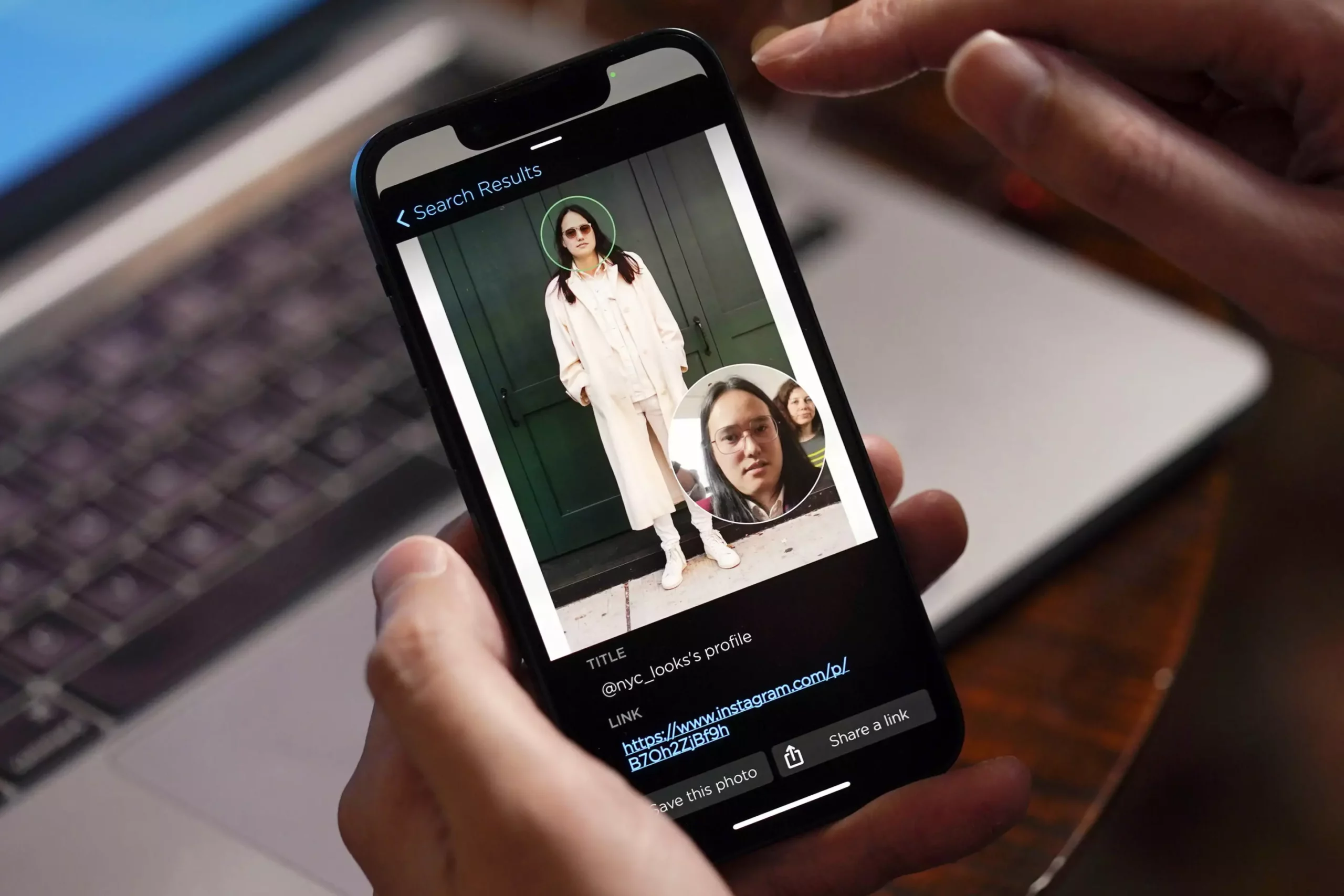Clearview AI, a facial recognition startup, recently reached a settlement in an Illinois lawsuit that alleged the company’s collection of faces violated privacy rights. The settlement, estimated to be worth over $50 million, offers plaintiffs a share of the company’s potential value rather than a traditional payout. Additionally, attorneys’ fees of $20 million will be deducted from the settlement amount, with preliminary approval granted by Judge Sharon Johnson Coleman of the Northern District of Illinois.
The lead plaintiffs’ attorney, Jon Loevy, described the agreement as a “creative solution” prompted by Clearview’s financial constraints. He emphasized that the company did not have the necessary funds to provide fair compensation to the class, leading to the need for an alternative approach. Under the settlement, victims of privacy breaches will have the opportunity to participate in any profits generated by the company in the future, allowing them to reclaim some ownership of their biometric data.
While the exact number of eligible participants in the settlement remains unclear, the agreement broadly includes individuals whose images or data are present in Clearview’s database and who resided in the U.S. from July 1, 2017, onwards. A national campaign will be launched to notify potential plaintiffs about their opportunity to join the settlement. The collaboration between Clearview’s attorneys, the plaintiffs, and retired federal judge Wayne Andersen, who mediated the case, was instrumental in shaping the terms of the settlement.
Concerns Raised by Critics
Despite the settlement’s approval, some privacy advocates and individuals pursuing legal action against Clearview have expressed disappointment in the agreement. Sejal Zota, an attorney representing plaintiffs in a California lawsuit against the company, criticized the settlement for failing to address the fundamental issues with Clearview’s operations. Zota believes that the agreement inadvertently legitimizes Clearview, perpetuating concerns about data privacy and protection.
The settlement with regards to the Illinois lawsuit will compel Clearview to cease selling access to its database to private entities or businesses. However, the company retains the ability to collaborate with federal agencies and local law enforcement outside of Illinois, where stringent digital privacy laws are in place. Despite agreeing to the settlement terms, Clearview did not admit any liability, maintaining its stance that the collection and sale of facial data are legal and ethical practices.
The Road Ahead
As the dust settles on the Clearview AI settlement, questions linger about the long-term impact on data privacy, facial recognition technology, and corporate accountability. While the agreement represents a significant financial commitment from Clearview, the absence of a definitive resolution to the privacy concerns raised by critics casts a shadow over the company’s future operations. The evolving landscape of data privacy regulation and the ethical considerations surrounding facial recognition technologies will continue to shape the discourse on digital rights and personal liberties.


Leave a Reply